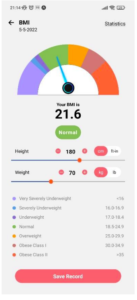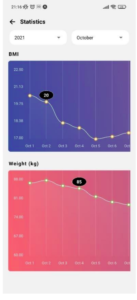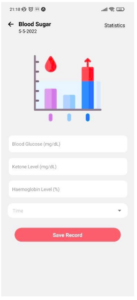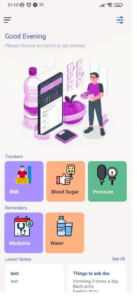Providing medical solutions through mobile health apps is an increasingly popular trend. Individual healthcare providers and organizations are investing app development to improve the quality of services and promote self-management behaviors in patients. Patients generally look for the three most basic functionalities – the ability to schedule/cancel an appointment, the ability to request prescriptions and easy access to medical records.
In the context of Nepal, most of the hospitals do not keep the digital medical records of the patients. Only the records of basic information of the patient are kept which are not even stored in a systematic way. When we look at foreign healthcare systems, they keep records of every medical detail of the patients in order to see the change in medical records in the future. The standard of storing medical records might vary from hospital to hospital. The task of information sharing becomes challenging, as when you try to share your digital record stored in one hospital to other hospitals, you might run into problems and it becomes a cumbersome task for the hospitals to understand the data you provide, since the standard of storing the medical data varies among hospitals. In order to solve this problem, the medical records should be normalized to a common standard.
The widely used protocol in this field is FHIR. It enables the exchange of healthcare-related information, this includes the patient’s clinical data as well as healthcare-related administrative, public health, and research data. It covers both human and veterinary medicine and is intended to be used worldwide in a wide variety of contexts, including in-patient, ambulatory care, acute care, long-term care, community care, allied health, etc. The FHIR specification is targeted at individuals and organizations developing software and architecting interoperable solutions that will be using FHIR.
Since Healthcare applications are very rare in Nepal, this project was a beginning to create a viable healthcare application following the international protocol. This project aims to provide its users with an effective method for personal medical record keeping and easy access to all their personal medical information. “Pocket-Health” aims to standardize the method of record keeping to make transfer of medical records from one hospital to other hospitals. Our project creates the groundwork for interoperability which can be further extended to create a viable application for professional healthcare systems. The digitized means of record keeping can be a significant advancement for our country. With more effective record keeping and means for information interchange, the healthcare officials will have a plethora of information for speedy and accurate disease diagnosis. This information can be further used in analysis through artificial intelligence.





